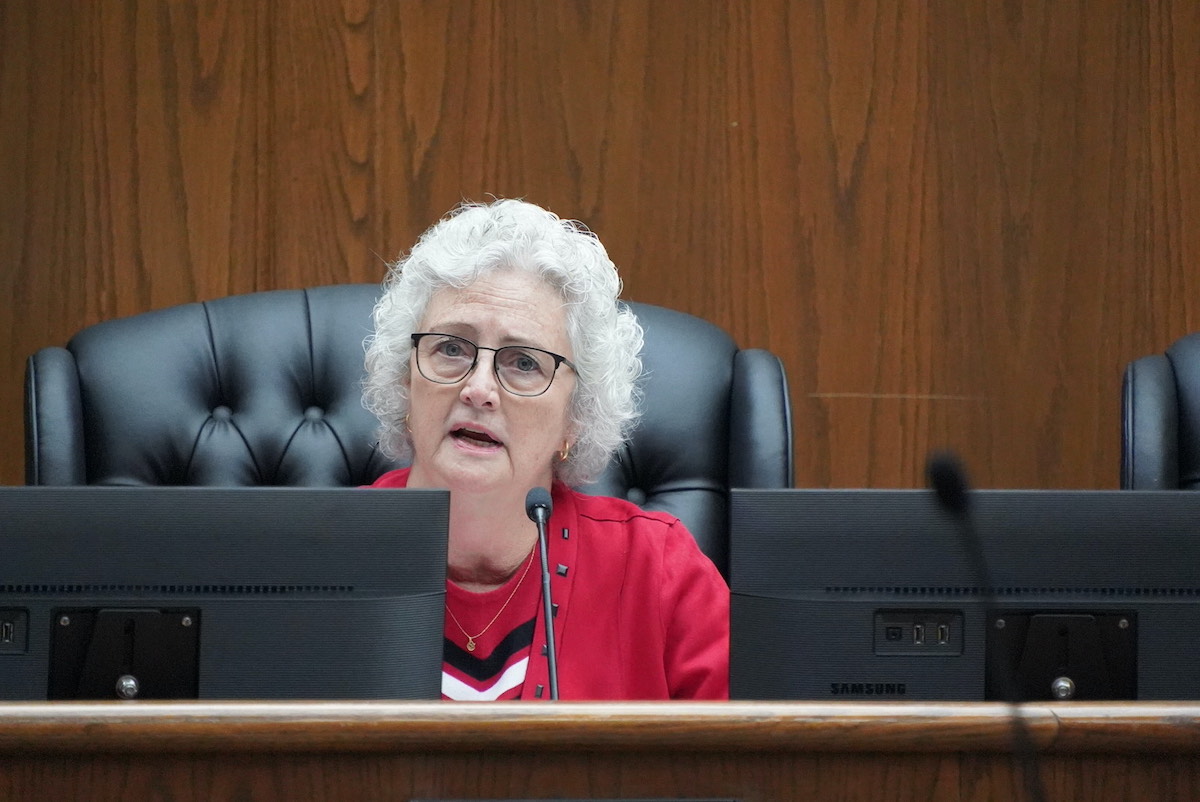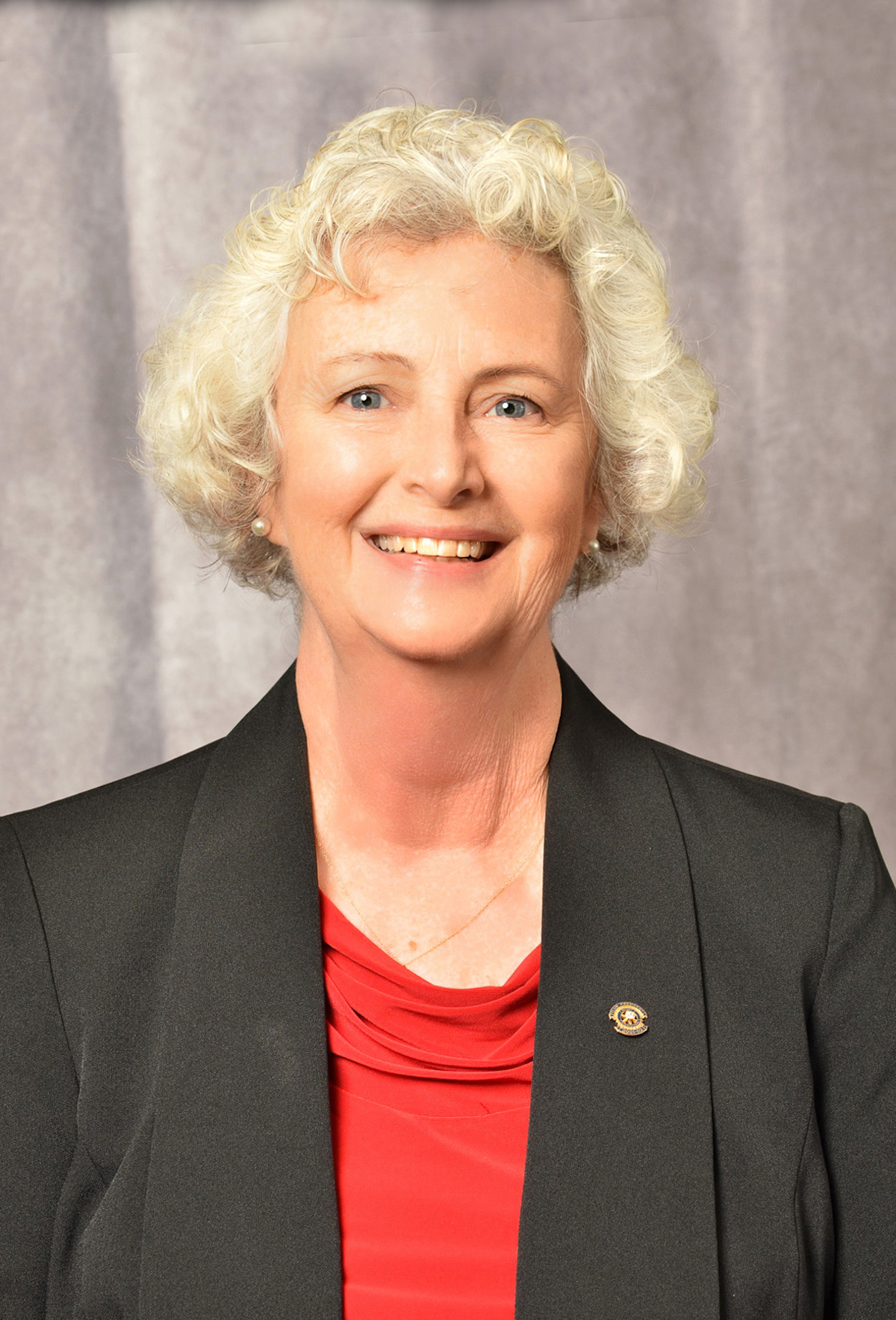By Scott Graber and Lolita Huckaby
The Island News
“Giving this (Beaufort County) Council almost a billion dollars when they have not shown themselves capable of managing less than $200 million is akin to buying a kid a sports car after he has wrecked Mom’s old Volvo and grandpa’s pickup.”
That’s the way one local resident, Lewis Tabb, described the outcome of November 2024’s failed vote on a $950 million sales tax referendum designed to raise money for road improvements, paved dirt roads and bridge planning.
The majority of Beaufort County voters who turned out rejected this latest fundraising effort by county officials with 55 percent of the vote. While just across the county line, in neighboring Jasper County, a similar sales tax referendum for road projects passed with the same percentage.
Beaufort County, one of the five wealthiest counties in South Carolina, has revenues in excess of $150 million. Much of this money is generated by the 103,579 housing units with a median value of $377,900. However, that’s still not enough money to meet the repair and replacement demands placed on the county’s road and bridges, even with state and federal funding support.
Beginning in 1998 a referendum was placed on the ballot asking the public for authority to add a penny to the local sales tax. This additional penny generated $40 million that was used to replace, among other things, two old bridges across the Broad and Chechesee Rivers.
In 2006 another sales tax referendum was successful, generating $152 million with dollars directed to improvements on the Bluffton Parkway, U.S. Highway 278 and the Boundary Street redesign in Beaufort.
In 2018 again a sales tax referendum was approved, by 56 percent of the voters, raising $300 million, including $80 million for the first phase of new bridges to Hilton Head Island and $30 million for various improvements on Lady’s Island.
But by 2024, public opinion had shifted, and Beaufort County voters, by 10,000-plus votes, rejected the idea of continuing a penny sales tax.
These facts beg the question: Was County Council’s failure to deliver on projects included in the 2018 penny sales tax the sole reason for the failure of this latest referendum? Or has there, indeed been a loss of faith because of the perceived “dysfunction” among the county officials themselves?
Take a look at the top
To take a look at where we are now, one has to look at where we came from. And many who have observed county operations for the past two decades suggest looking at the administrative leadership, starting with John Kachmar, who was chief administrator from 1999 until 2003.
Kachmar was forced to resign after his elected bosses discovered some undisclosed traffic violations, including the fact he was driving a county vehicle without a valid S.C. driver’s license.
After Kachmar, Gary Kubic was brought in to steer the ship of government through the growing pressures of population increases, particularly south of the Broad River. Kublic lasted longer than most, 14 years, from 2003 to 2017, until he retired for personal reasons to Hilton Head Island, where he reportedly still lives out of the limelight of county government.
With the departure of Kubic, politics at the top of county government began to swirl. He had brought in Josh Gruber to serve as county attorney and was reportedly grooming him for the job. But County Council members, at least the majority of them, weren’t getting on board with Gruber, and he ended up
going to Hilton Head Island where he became second in command under then-town manager Steve Riley.
(More recently, Gruber has been in the news after being tapped as the new Hardeeville town manager, where his organizational skills will be needed to handle rapid growth there. But that’s another story.)
After major disagreements behind closed doors — since that’s where these things are worked out — the council again resorted to a nationwide search and offered the job to Alan Ours from Brunswick, Ga. Ours accepted the job but then opted to stay where he was.
The council put the search on a back burner since it was, by then, an election year for the majority of council. Tom Keaveny who had been brought in by Kubic in 2015 as an attorney for the county, was named interim county administrator.
Another search produced the county’s first female manager.
Ashley Jacobs came on board in 2019, with a council showing signs of discord on various topics. Jacobs made it 18 months until she opted to resign in 2020, reading the signals that she no longer had the support of a majority of council members.
After Jacobs, another search team brought in and County Planning Director Eric Greenway moved across the hall in the government administration building to become interim county administrator.
In 2021, he was named County Administrator despite reminding his employers from time to time that budgetary matters weren’t his cup of tea. That became obvious by 2022 when a whistleblower brought to the elected officials’ attention certain suspicious circumstances in the hiring and purchasing departments.
By September, 2023, the Council was looking at a list of alleged procurement violations by Greenway and other members of the County administration, including Parks and Recreation Director Shannon Loper and Deputy Couny Administrator Whitney Richland.
There were also allocations of misappropriate behavior by the Greenway in the hiring of a woman as the newly created position of County Wellness Director. The woman eventually sued the County in federal court for sexual harassment.
The various complaints resulted in an investigation by an outside law firm — Haynsworth Sinkler Boyd of Greenville — at a cost of $350,000.
The firm’s report was not shared with the public. Under pressure form the media, law enforcement and individual citizens, the Council eventually gave the complete detailed report to the Beaufort County Sheriff’s Office and 14th Circuit Solicitor Duffie Stone, who passed it to a special investigative
unit of the 1st Judicial Court Circuit and then state Attorney General Alan Wilson.
And that’s apparently where the report sits, waiting for some further action by the court.
To top all that off, Brittany Ward, who had been made County staff attorney with the departure of Keaveny, came under public criticism when it was publicized, again by a whistleblower, that her family had been involved in the County’s purchase of property in the Okatie area through the Rural and Critical Lands program.
Another outside attorney, Ashley Story from Columbia was brought in to investigate and found no wrongdoing on Ward’s part. Nonetheless, Ward followed Keaveny out the door, resigning in early December.
Can you say ‘dysfunctional?’
Councilman David Batholomew who represents Lady’s Island, parts of Beaufort and St. Helena Island, is one of the newest members of the Council, elected in 2023. He, like other members of Council, is worried about the recent controversies that have rocked Council for the past months.
While many have used the word “dysfunctional” to describe the current council, Batholomew was hesitant.
“No, I wouldn’t use that word,” he said. “But we need to acknowledge when we mess up.”
Council members have acknowledged the county needs to handle requests under Freedom of Information Act (FOIA) more efficiently. The administration’s pattern of hiring outside law
firms to handle specific issues is another area mentioned for inspection.
The timing is perfect for that policy to be reviewed since the county’s four-member on-staff legal department has been reduced to two with the retirement of Keavney and the departure of Ward.
Just this month, criticisms by the public and Council members themselves have been directed at Council Chairman Joe Passiment, who conducted a private meeting with county and Hilton Head Island town officials, plus staff members, to discuss the failed sales tax referendum and its impact on the U.S. 278 bridge replacement.
The meeting wasn’t “public” because only three County Council members were invited to attend.
The meeting prompted Councilman Tom Reitz, who represents part of Hilton Head Island, to send an email out to his fellow Council members demanding Passiment and Vice-Chair Larry McElynn resign their leadership roles.
As a consequence of this meeting, a month later when Council met for the first time in 2025, the majority voted to elect Council member Alice Howard to serve as chairman over Passiment, by
a 6 to 5 vote. Reitz cast the sixth vote for Howard pointing to his constituents sitting in the audience and saying, “This was for you,” referring to the closed US 278 meeting Passiment had coordinated which frustrated Reitz and the public in general.
This lack of transparency, particularly on the 278 plans, was an issue that former Administrator Jacobs faced when she criticized former Council Chairman Stu Rodman and some other Council members for trying to conduct county business out of the public’s eye
The year ends with a new county administrator, Michael Moore, who admits there is a lot of work to be done.
“So, I think all we can really do is educate the public and demonstrate to them that … it’s a challenge because … people are going to say, ‘why should I put my faith in you all,’” Moore said in an interview prior to the November referendum vote.
But is the level of distrust going to change?
Some observers have commented that the current media focus on the county’s operations is the reason County Council finds itself the “dysfunctional body du jour.”
A year ago, folks were scratching their heads and wondering what in the world was up with the Beaufort City Council when then-Mayor Stephen Murray abruptly resigned after scrapping with Historic Beaufort Foundation, like-minded resident preservationists and lawyers, month after month.
And the Beaufort Board of Education certainly had its moment in the public light even this past year when one of their own, William Smith, sued his fellow board members and certain staff members for an alleged “smear campaign” that he claimed caused emotional distress.
The district, however, under the supervision of Superintendent Frank Rodriguez, appears to be operating smoothly, for the time being.
Can they do it?
The Council must wait two years, according to state law, to bring a sales tax referendum back to the public in a referendum.
At the same time, the State Infrastructure Bank has given them until March to come up with an alternative for the county’s share $190 million of the U.S. 278 Bridge Project, or the SIB’s $120
million portion of the project could be spent elsewhere in the state.
The council has new leadership with Howard as chair and Tab Tabernik as vice-chair, Pinky Harriott as new chief financial officer and a new administrator, Michael Moore, all who have expressed a pledge to be transparent.
The Council also has until 2026 for the next general election when nine of them will be up for reelection. Can the trend of distrust be reversed?
Scott Graber is a lawyer, novelist, veteran columnist and longtime resident of Port Royal. He can be reached at cscottgraber@gmail.com.
Lolita Huckaby Watson is a community volunteer and newspaper columnist. In her former role as a reporter with The Beaufort Gazette, The Savannah Morning News, Bluffton Today and Beaufort Today, she prided herself in trying to stay neutral and unbiased. As a columnist, these are her opinions. Her goal is to be factual but opinionated, based on her own observations. Feel free to contact her at bftbay@gmail.com.









